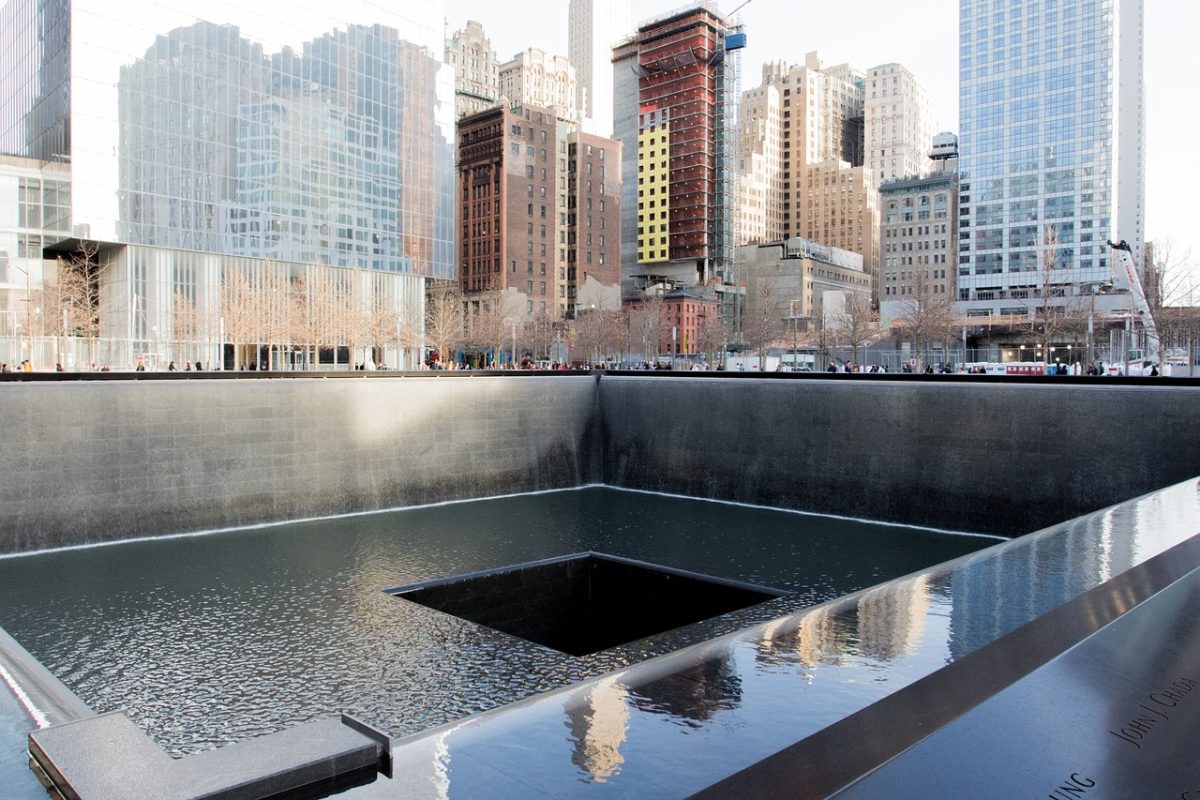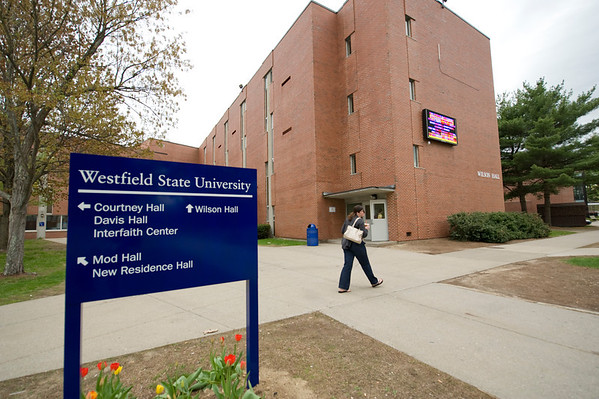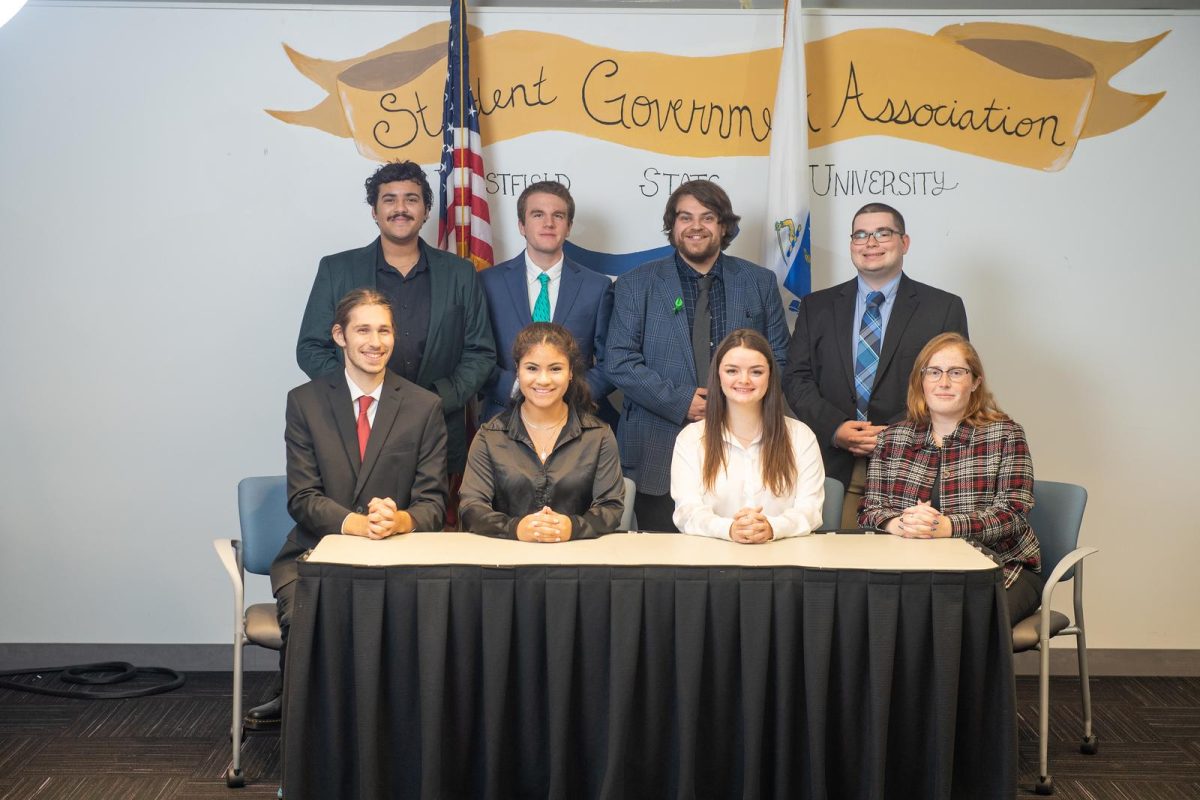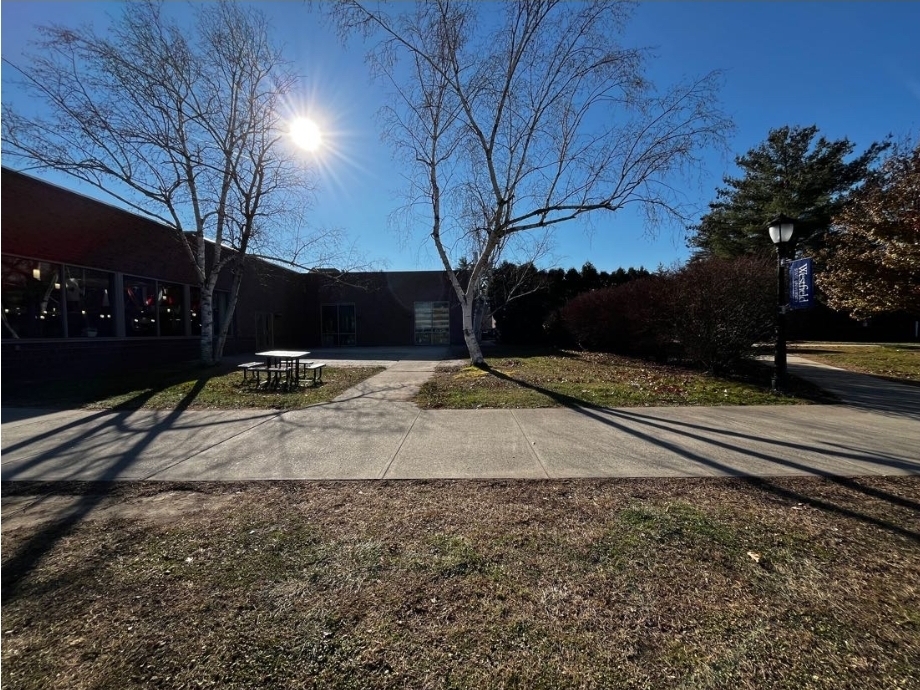Coming out of a year-and-a-half of COVID-19-induced emphasis on health and safety, the recent discovery of toxic droplets of mercury has once again brought to light the importance of ensuring the wellness of all community members as we progress in our academic journeys.
On Wednesday, October 13, 2021, Vice President for Administration and Finance Steve Taksar, on behalf of Tom Kettle, Director of Emergency Preparedness and Response, informed the student body along with all faculty and staff that “several beaded droplets of a substance believed to be mercury were discovered by a faculty member in Wilson Auditorium 130A,” noting that no illnesses associated with the mercury had been relayed to Westfield State authorities at that point.
According to the United States Environmental Protection Agency (EPA), the effects of mercury exposure are frightening, with a crippled nervous system unable to control one’s sight, one’s sensations, or one’s motions. With the spread of COVID-19 already a concern, the possibility of mercury exposure to hundreds of students and faculty members was certainly something that administrators at Westfield State University did not want to have realized.
Given that only one additional communication has been sent to students with regard to the incident, The Westfield Voice reached out to Tricia Oliver, Chief of Staff and Public Records Officer, on Monday, October 18, 2021, for pertinent communications and documents that could help shed light on the circumstances surrounding the discovery of mercury, the remediation efforts, along with how/when the auditorium will once again be operational. Documents were released to The Westfield Voice in two batches on Thursday, November 4, 2021, and Friday, November 5, 2021, given the sheer number of emails, invoices, and other records compiled related to this incident. You are able to view the first slate of documents here and the second slate of documents here.
The information contained in these documents can be best summarized as follows:
High Levels of Mercury Reported
To ensure that the full extent of the mercury spill could be properly analyzed, Westfield State University sought the assistance of Triumvirate Environmental, a nationwide company that ensures the safe transport of medical and hazardous waste from worksites and secures any leaks or issues that may occur, such as the one that occurred on our campus. According to the preliminary draft report from the company sent to the university via email on Thursday, October 21, 2021, Triumvirate took measurements of airborne mercury levels four separate times, with the results processed in a table as follows:
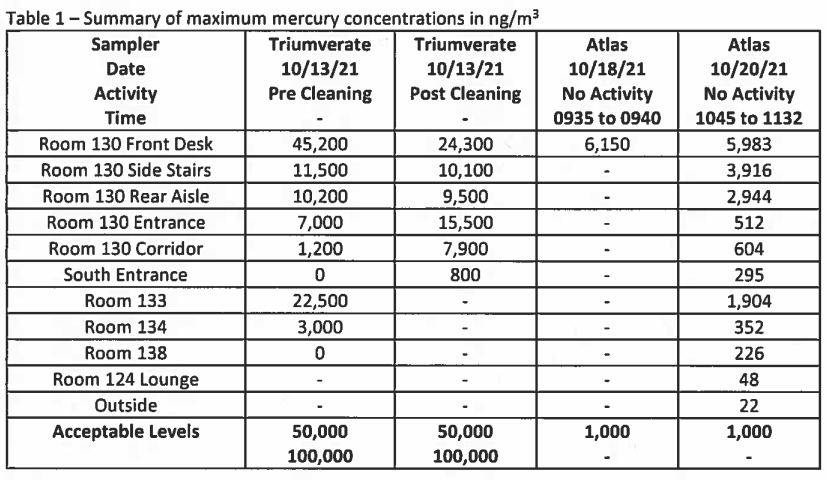
Description: Table of Airborne Mercury Levels At Different Stages of Remediation
Although the table indicates that the university met acceptable levels of airborne mercury, Triumvirate noted that the level of mercury acceptable in a public setting was a mere 1,000 ng/m3, meaning that Wilson Auditorium 130A had mercury levels nearly forty-five times what was allowed for the general public – a staggering statistic. Given the high levels of mercury regardless of cleaning efforts, the decision was made to remove carpeting in the space to quickly abate the issue.
Painstaking Work in Developing Communication Plans
The second batch of documents, released on Friday, November 5, 2021, contains over 103 pages primarily composed of email communications between top administrators at Westfield State University trying to determine how best to communicate the initial spill of mercury to the campus community. Working with a consultant, senior officials tasked with drafting official communications to the campus community, including Tricia Oliver, Chief of Staff, and Lorraine Martinelle, Communications Officer, collaborated on an official communication from the university detailing the nature of the spill, possible symptoms, and further communication efforts. The email was originally intended to originate from President Thompson, but in speaking with a consultant, officials in the President’s Office believed that it would be prudent for the message to come from Tom Kettle, Director of Emergency Preparedness and Response. The finalized email would be sent after hours of tweaking the official message on behalf of Tom Kettle by Steve Taksar, Vice President for Administration and Finance, who oversees facilities-related issues on-campus.
Frustration Over Communication
With limited communication, one faculty member was particularly frustrated with how the university handled the situation with regard to updating faculty, staff, and students, especially those who may have been affected by the mercury exposure. The faculty member who discovered the mercury, whose identity was withheld in accordance with Massachusetts General Law, underscored that the university is sending “mixed signals” in an email to the President’s Office, with no students alerted that they were exposed to high levels of mercury as promised in a previous communication whilst complex equipment is used to mitigate the high levels of mercury plaguing the Wilson Auditorium. Furthermore, Brian Jennings, Interim Dean for Undergraduate Studies, further indicated that, in conversation with faculty members and the Interim Provost, more communication was needed for students who were directly impacted by the course location changes. President Thompson deferred to members of her team to craft an updated communication that would provide the latest information on the situation, with no further communications sent following this second email.
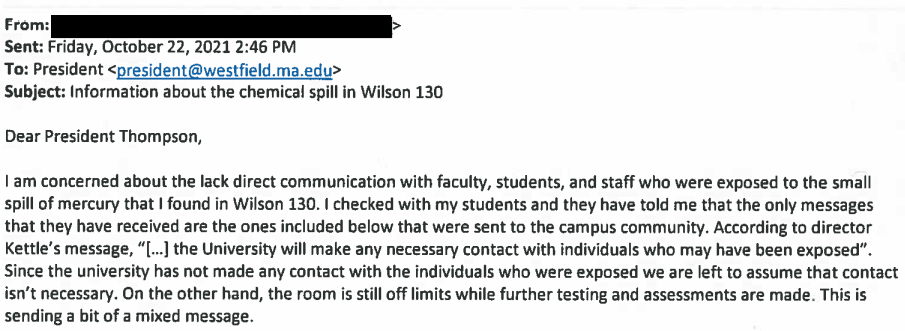
Description: Faculty Member Email to President’s Office Concerning Mercury Communication To Community
Gradual Return to Normalcy
Since the mercury spill, all three sections of the Wilson Auditorium were closed. Despite the spill occurring within the A section of the auditorium, the use of an HVAC system for all three sections meant that airborne mercury could have spread to all three sections. Following a thorough cleaning of surfaces within each section, Maureen Socha, Executive Director for Facilities and Capital Planning, sent an email on Monday, November 1, 2021, indicating that sections B & C could reopen as soon as Wednesday, November 3, 2021, while her team awaited new carpeting in Auditorium A as a result of continually high mercury levels. No word on whether sections B & C have officially reopened as of this article.
Overall, the spill of mercury in the Wilson Auditorium reminds us once more of the importance of health and safety protocols alongside sound communication principles on a college campus like ours. Should students/staff have any questions, they may reach out to Tom Kettle, Director of Emergency Preparedness and Response, or the President’s Office.
Classes displaced:
| BIOL0102003 | ENVIRONMENTAL BIOLOGY |
| BIOL0237001 | HUMAN ANATOMY & PHYS. I |
| CHEM0201002 | ORGANIC CHEMISTRY I |
| GPS0101002 | WORLD REGIONAL GEOGRAPHY |
| GPS0102001 | PHYSICAL GEOGRAPHY |
| GPS0106001 | ENVIR., SUSTAIN. & SOCIETY |
| GPS0230001 | METEOROLOGY |
| MOVP0211501 | EMERGENCY MEDICAL TECHNICIAN |
| NURS0100001 | INTRO TO PROFESSIONAL NURSING |
| PSYC0101011 | INTRO TO PSYCHOLOGY |
| PSYC0322001 | THEORIES OF COUNSELING |
| PSYC0522501 | THEORIES OF COUNSELING |


